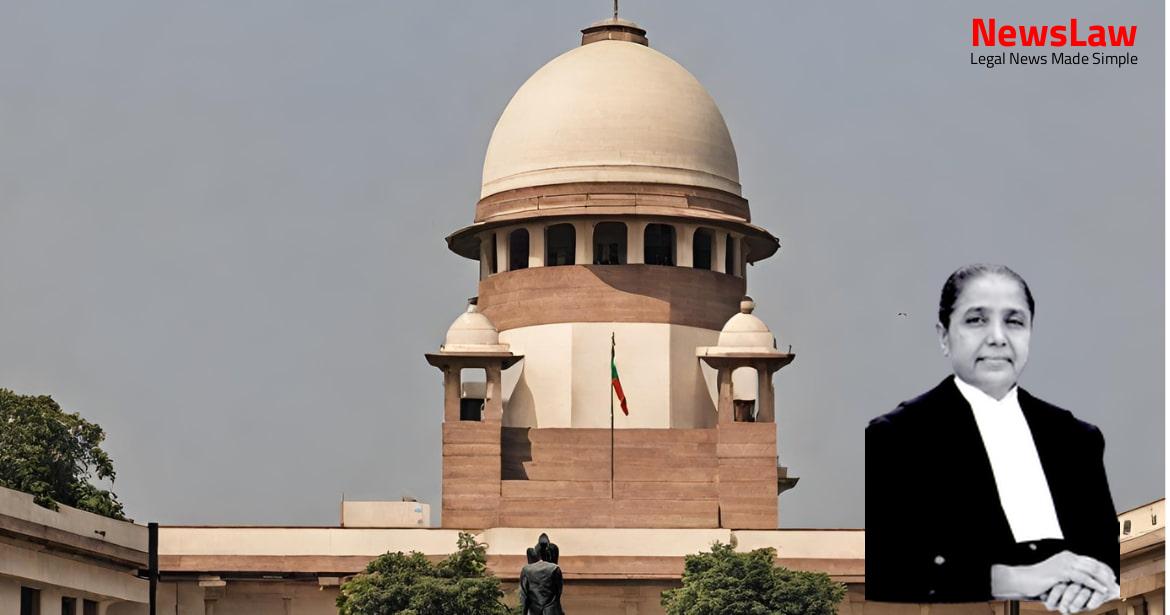Explore a legal analysis of how exception clauses in insurance policies are interpreted by courts. This summary delves into the complexities of exception clauses, highlighting the court’s role in analyzing policy terms to determine liability. Understanding the nuances of insurance policy exceptions is crucial for both insurers and policyholders in navigating claims disputes.
Facts
- Appellants’ insurance claim arose under a Deterioration of Stock Policy for potatoes stored in cold storage.
- Warranties in the policy required temperature to be maintained below 4.4 C.
- Exceptions to the policy stated that insurer would not be liable if temperature exceeded 4.4 C.
- Appellants informed insurer of sprouted potatoes on 10 October 2008 and submitted claim on 13 October 2008.
- Initially, appellants stated proper temperature was maintained until October 14, 2008.
- Later, appellants claimed temperature rose in September and October causing rot.
- Surveyor’s report contradicted initial statement by appellants.
- Log sheets showed temperature within range before October 18, 2008.
- Insurer not liable for damage if temperature exceeded 4.4 C as per policy exceptions.
Also Read: Electoral Malpractices in Mayor Election
Arguments
- Mr. Sanjeev Kumar, counsel for the appellants, referred to the conclusion in the surveyor’s report.
- The surveyor’s report was used as evidence in the case.
- Mr. Sanjeev Kumar sought to rely on this conclusion to support the appellants’ case.
Also Read: Balancing Power and Transparency: Electoral Bonds Struck Down, Disclosure Mandated
Analysis
- The exception to the insurance policy regarding temperature of the storage is not too wide and aligns with the main purpose of the policy.
- The insurer is not liable for damage to potatoes as the temperature did not exceed 40 F, as confirmed by the surveyor’s report and the appellants’ own admission.
- The surveyor’s report specifically states that there is no evidence of temperature rise above 40 F till October 14, 2008.
- The insurer has exempted itself from liability for potato deterioration below or at 40 F, which is considered the optimum temperature.
- The exception in this case is distinguished from the one in BV Nagaraju case regarding the number of persons a vehicle can carry.
- The appellants’ contradictory statements and lack of legitimate reasons led to the insurer disclaiming any liability for the deterioration of potatoes in cold storage.
- Exception clauses in insurance policies can be interpreted in favor of the insured when they are too wide and not in line with the main purpose of the policy.
- Exception clauses are inserted in policies to inform the insured that losses arising from these causes will not be indemnified.
- Exceptions should be strictly construed as they outline the agreement on covered losses between the parties.
- Departure from the principle of strict construction of exceptions is only allowed if the policy terms are ambiguous or unclear.
- In case two constructions are possible or ambiguity exists, a construction that benefits the insured should be adopted consistent with the policy’s purpose.
- The submission made by the insurer’s counsel regarding the correct repudiation of the claim based on policy exceptions was accepted.
- Clause (vi) of exceptions to the DOS Policy does not need to be read down as it aligns with the policy’s main purpose.
- The NCDRC’s judgement rejecting the consumer complaint is upheld and does not require any interference.
Also Read: Recall of Resolution Plan Approval: Legal Analysis
Decision
- The appeal has been dismissed.
- Any pending application has been disposed of.
Case Title: M/S SHIVRAM CHANDRA JAGARNATH COLD STORAGE Vs. THE NEW INDIA ASSURANCE COMPANY LIMITED (2022 INSC 86)
Case Number: C.A. No.-002371 / 2019



